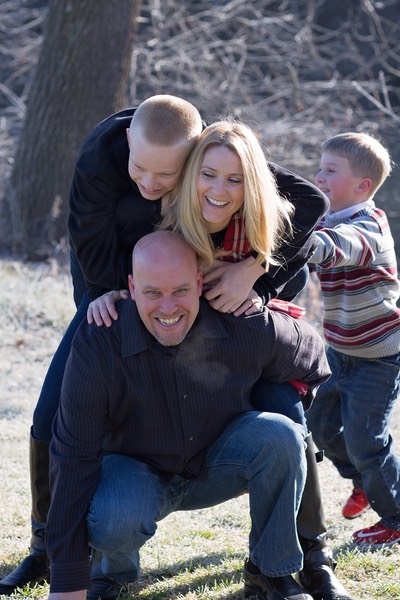
Benjamin Franklin wisely said, “An ounce of prevention is worth a pound of cure.” When Mr. Franklin said this, he was talking about preventing fires, but his quote has been fittingly used to relate to many areas of life. In parenting, prevention sets the foundation for success. Unfortunately it is easy to forget prevention and consequently, spend a lot of time trying to find a cure for our child’s misbehavior. Parents often ask, “What should I do because my child did _______.” This is like fighting the fire. And, we sometimes have to deal with the fires that our children start. On the other hand, just like Benjamin Franklin shared, when we focus our efforts on what we can do to prevent misbehavior, we will not have to spend nearly as much time trying to cure it. The following are some practical ways parents can put prevention into practice.
· Plan & Prepare: When children have a good understanding of the what, where, when, why, and how of a given event, they begin to grasp our expectations. Just like in a football game, kids can only make the plays when they know what they are.
· Positive & Powerful Words: Words that are focused on what the parent is willing to do stand a better chance of eliciting a child’s positive response. An example of this is, “I am willing to take kids to ballgames that have completed their chores.” The “how” for this child is doing chores. Compliance occurs more easily because the focus is on the parent’s willingness to behave, not the child’s. In addition, the child is left with the “how” to get the parent to do what the child wants.
· Allowance: Allowance is an amazing preventive tool. When kids get an allowance, it enables parents to avoid fighting in stores and arguing over knick-knacks. Parents can sweetly say, “Sure, if you have the money honey…” Of course parents need to Preplan & Prepare kids for choices that don’t go along with family values or buying things that may need to wait to be consumed, like candy. That said, allowance is a preventative tool and a tool for preparing our kids to become Effective Money Managers.
· Kisses, Hugs & Words of Love: Stephen Covey reminds us that we all have an emotional bank account. We need the most important people in our lives to fill us up with unconditional kisses, hugs and words of love, just because they like us. The nastier kids get, the more important it is to find times when we can provide these needed deposits. I have found that this especially applies to teenagers.
· Fix Problems We Create: All parents blow it. What makes the difference between a healthy family and an unhealthy one? The healthy family knows how to fix problems. Parents can apologize, take responsibility and fix their part in problems. Parents who are not afraid to fix problems, help create kids who do likewise.
· Respectful Asking: “Would you be willing…?” “Would you mind…,?” “Could I ask you a favor…?” “Would it be reasonable…?” Using respectful words instead of barking out orders, demanding, or telling prevents many a case of the “no’s”. It is amazing how much more our children are willing to do when we change how we ask.
It can be difficult to focus on prevention while living a fast paced life. We can quickly find ourselves spending more and more time putting our children’s fires out and far less time trying to prevent them. One way or another, our children are going to get our time and attention. It seems that it boils down to whether we will choose to spend the time and attention on prevention or cure.
